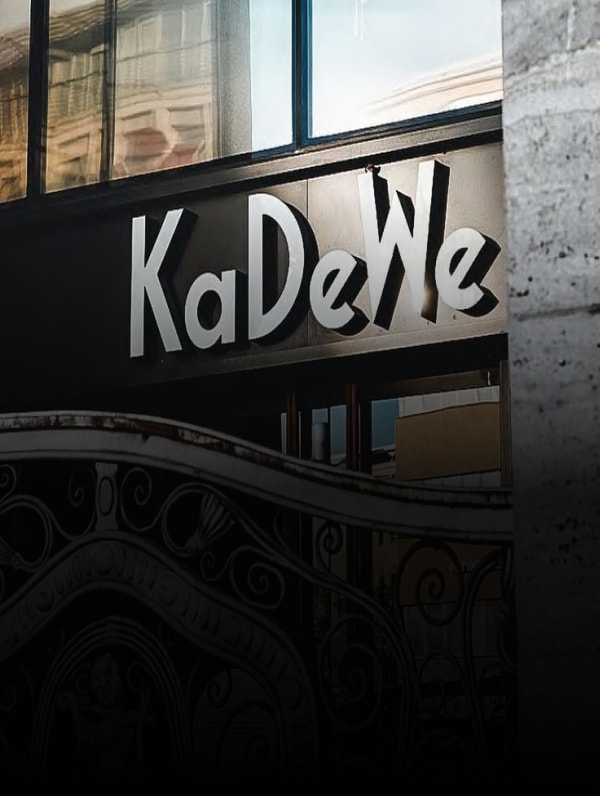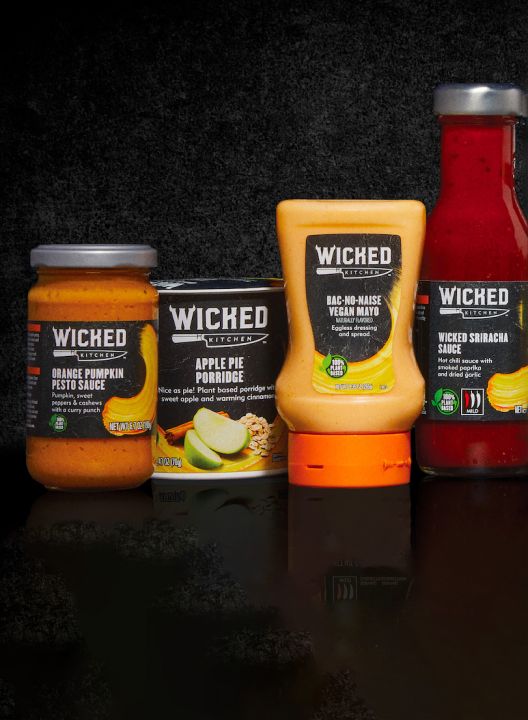29 Juli, 2014
www.forbes.com: For Software Makers Powering Designs At Fashion Houses, China’s The Next Big Market

The fall collections at Marc Jabobs and Christian Louboutin don’t seem to have much to do with software. But with thousands of different items on line, often different from one region to another, the big business of fashion needs to be more automated than you might think. That’s why both use platforms from a Silicon Valley startup, Centric Software, alongside other brands like Tommy Hilfiger and Nike. It’s a specialty business that Centric carved out starting in 2005, and it’s now raised $24 million to hit the hot market for retail: China.
China’s where the growth is in fashion, especially in private label brands, Centric believes–starting with 30,000 private label brands sold in the big retailers. Private labels are twice as lucrative to a retailer than selling clothes by someone else, so everyone from retail chains to suppliers are getting into the game. That’s why Fung Capital’s co-led Centric’s Series D round alongside Silver Lake Waterman and with existing partners Oak Investment Partners and Masthead Partners–as the investment arm of $20 billion (revenue) supplier and retailer Li & Fung Limited, Fung Capital invests in B2B companies that can help with its contracts with other retailers and across its own 4,000 stores.
“China’s becoming a product brand and retail nation,” says Centric CEO Chris Groves, where much of fashion’s future will lie. “That’s pretty exciting for our industry,” he says, “Even as it goes through such pressure.”
Centric makes its money by offering retailers and brands a centralized software system to handle their planning and buying, from the design process to scheduling samples and then managing an order. The company had tried to build a horizontal collaboration platform for all types of businesses, but saw a brighter future in refocusing purely on the retail and fashion market. “Other industries like automotive had these tools, but the consumer product industry hadn’t really adopted it,” says Groves. “If you were a large company like Adidas , you might deploy over a decade on a generic platform, then $20 million or more customizing the solutions.”
The big competition in the space, called product lifecycle management, range from giants like IBM and SAP to Siemens PLM Software and French leader Dassault Systemes. Within fashion, it’s got competition like Lectra, a public company that gets a little less than half of its business from fashion and has a market cap of about $225 million.
That’s not huge, but Groves is hopeful that the boom of the Chinese fashion and apparel market will grow the sector significantly in the next several years. Centric entered the European market after its Series B round six years ago, and Groves says the platform becomes profitable in each geography after two years.Clients there include Tommy Hilfiger Europe and Calvin Klein Europe, which have 1,000 employees and suppliers on the software.
Centric claims that it can set everything up in between 8 and 16 weeks, versus one to two years for competitors. There’s still a key services component as Centric meets with clients and presents three or four versions of its customized software before the client starts. Centric also offers 8 mobile apps right now to customers, with more in the works.
It’s not the sexiest business, but it’s one that Groves says typically improves product margins by about 2% and employee productivity by between 25% and 50%. With billions pouring into Chinese companies that can scale up brands quickly for the growing consumer market in the country, that money adds up fast.
Fung Capital’s been gunning for the revenues from improving that production process for years. Now it’s got to help Centric get a slice.
Share this page
Neu bei Centric PLM? Mehr erfahren
Was ist Centric Pricing & Inventory? Mehr erfahren
Was ist Centric Market Intelligence? Mehr erfahren
Was ist Centric Visual Boards? Mehr erfahren











